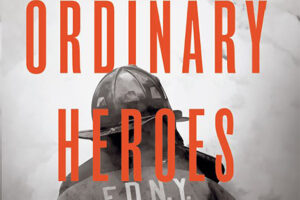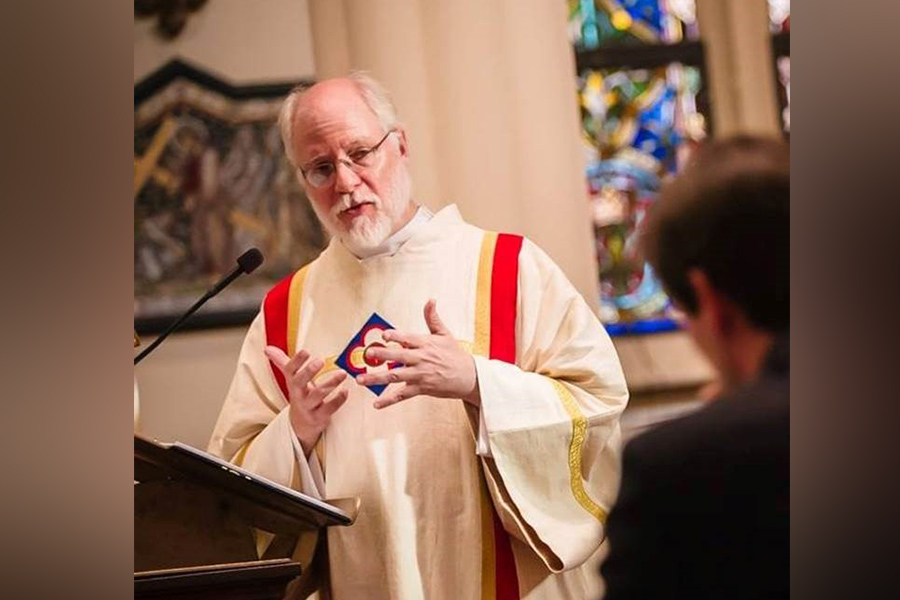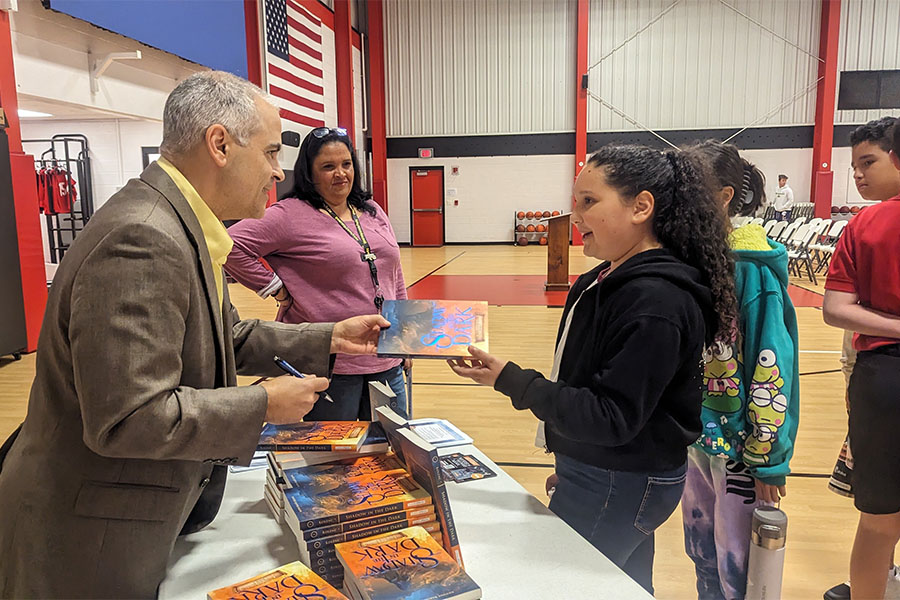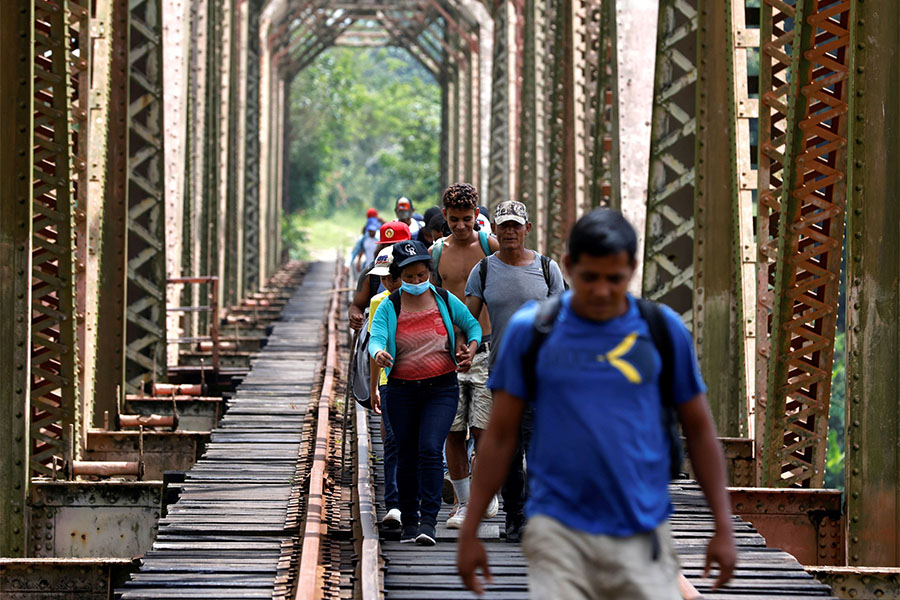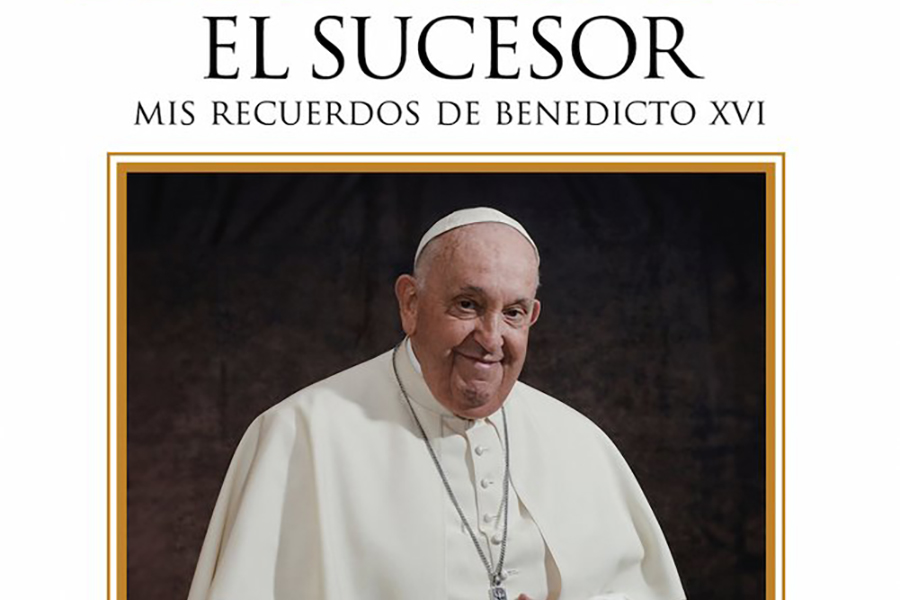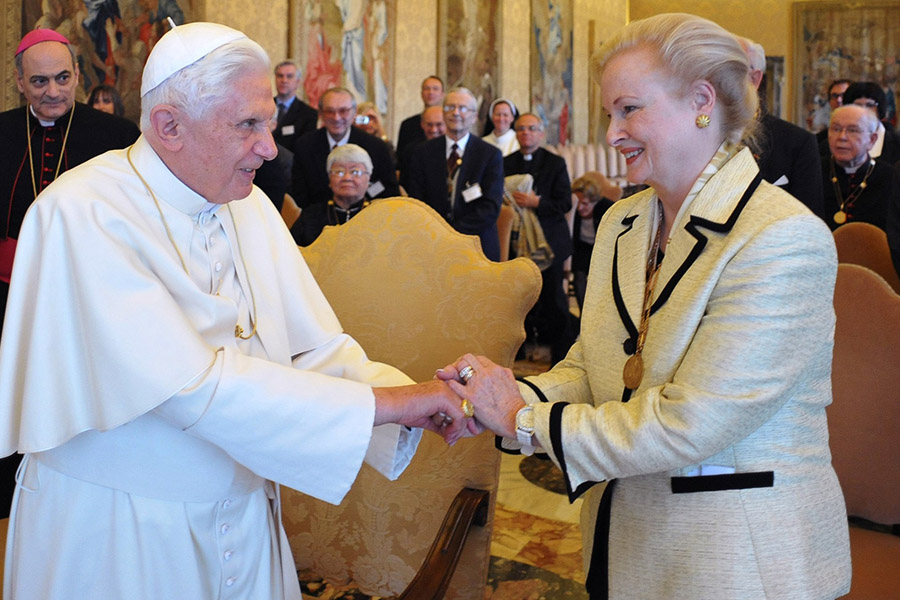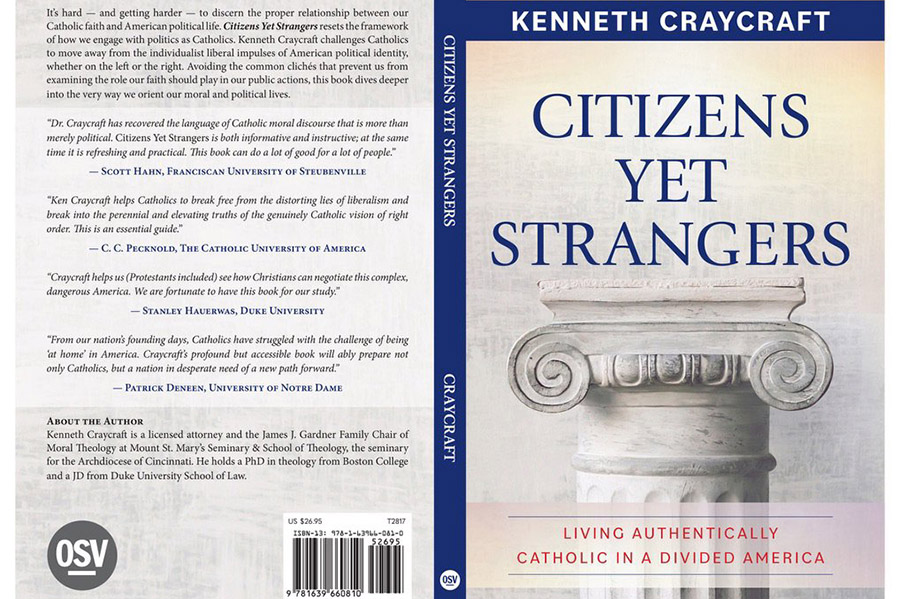WASHINGTON (CNS) — One of the most vivid memories for those who experienced 9/11 firsthand is the weather that day.
A high pressure system produced sunny, intensely clear skies in both New York City and Washington.
The most pleasant of late summer mornings by 9:30 a.m. turned to horror as two planes taken over by terrorists crashed into the twin towers of the World Trade Center, a third hit the Pentagon and a fourth, with passengers fighting terrorists, slammed into a field near Shanksville, Pa. The death toll from that day alone was 2,977.
“I saw the first plane hit the North Tower,” said Joseph W. Pfeifer, a retired assistant chief of the New York City Fire Department, whose station was only half a block away and was the first to respond, making Pfeifer the first senior leader on the scene.
He’s now the director for crisis leadership at the National Center for Disaster Preparedness at Columbia University.
For as many times as the images of that day have been repeated, Pfeifer points out that the time from the North Tower crash to the collapse of both towers was just under two hours.
Pfeifer’s book, “Ordinary Heroes: A Memoir of 9/11” (Penguin Random House), published last year, won a Christopher Award in June. The awards, first presented in 1949 by the Christophers organization, founded in 1945 by Maryknoll Father James Keller, are presented annually for works that embody “the highest values of humanity.”
Post-traumatic stress from those in the middle of the attack, particularly in New York, is a given, even decades later, and Pfeifer has the additional personal burden of grief when his younger brother Kevin was killed in the North Tower collapse, becoming one of 343 firefighters who died that day. Pfeifer had ordered him into the building.
But Pfeifer said he wanted to do more than exorcise his own pain.
He wanted to create “a sense of hope, of moving forward, and the only way you do that is through storytelling.”
“The heart of crisis leadership is the ability to sustain hope,” he told Catholic News Service. “Whether it’s 9/11, whether it’s the pandemic or acts of extreme violence, it’s going to take a unified effort of people to come together, to make the future better.”
Pfeifer has a master’s degree in theology from Immaculate Conception Seminary in Huntington, N.Y.
In the choking dust of the first collapse, “I bargained with God to see my family again. Then there was complete silence. It was like that muffled quiet after a first snowfall. For a couple of seconds, I wondered if I was still alive,” Pfeifer wrote.
“Heartsick, I pictured my brother’s calm face as he headed toward his assignment. I fought to gain control of my fear and anxiety, to figure out what to do. Nothing I had ever experienced gave me any guidance. I had never felt so helpless.”
He told CNS that as he has promoted the book, the image readers have told him they most remember is of “the lights on the helmets of the firefighters” as they struggled to find survivors before the towers collapsed. “They made a personal decision to go in to help people.”
“People were lost in that cloud of darkness until they began seeing the light on the firefighters’ helmets,” he wrote. “It became a symbol of hope and created a sense of unity that brought the city and nation together at a time of darkness.”
Pfeifer said he has found, even in the current era of fractured politics, “this sense of ‘we’re in this together,’ this sense of unity.”
Read More Books
Copyright © 2022 Catholic News Service/U.S. Conference of Catholic Bishops
